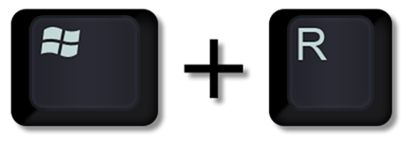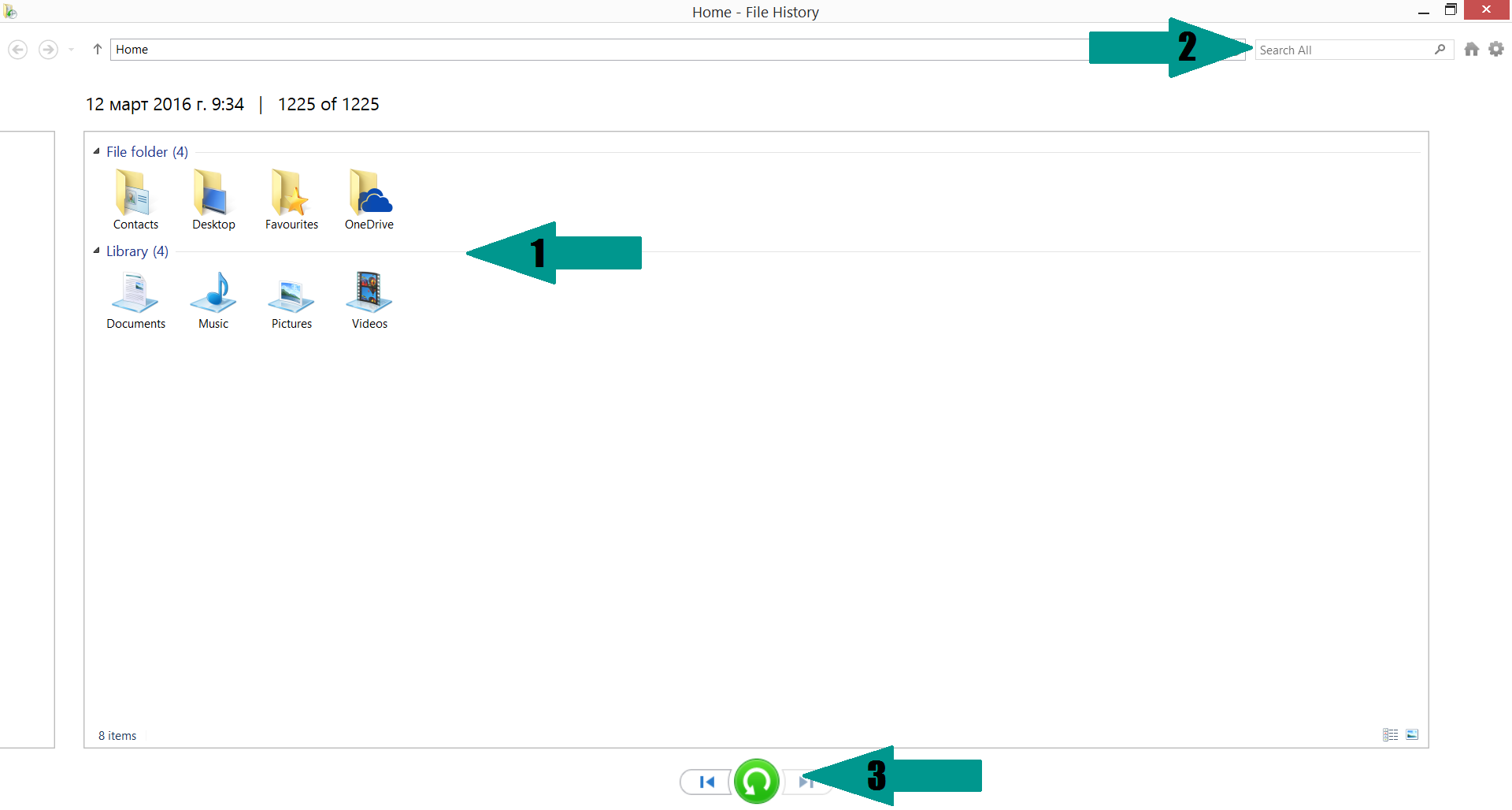The newly discovered.LOL! Ransomware is a ransomware variant of PGPCoder, and it behaves in the usual way by encrypting user files by targeting specific file name extensions.
| Name |
.LOL! Ransomware |
| File Extensions |
.LOL! |
| Ransom |
Varies |
| Solution #1 |
.LOL! ransomware can be removed easily with the help of an anti-malware tool, a program that will clean your computer from the virus, remove any additional cyber-security threats, and protect you in the future. |
|
Solution #2 |
.LOL! Ransomware can be removed manually, though it can be very hard for most home users. See the detailed tutorial below. |
| Distribution |
However, the most frequent source of the ransomware is through attachments in spam emails. |
.LOL! Ransomware Description
The .LOL! Ransomware inflicts as much damage as possible, as it is a variant of another famous and aggressive threat – PGPCoder. The criminal operators of the ransomware have devised some interesting features in relation to the way it extorts the ransomware sum from its victims.
.LOL! Ransomware – Distribution
This particular type of ransomware has been spotted to use a variety of different infection methods. However, the most frequent source of the ransomware is through attachments in spam emails. The messages pose as legitimate documents delivered to the user – documents, invoices and other important papers.
The ransomware is contained in the attachment and is executed when they are run by the unsuspecting user. Other sources of infection include bundles with legitimate tools or adware installations.
.LOL! Ransomware – More Details
The ransomware uses a combination of the AES and RSA-1024 ciphers to encrypt the victim files. The criminal operators of the threat target the following file name extensions:
.doc, .docx, .txt, .pdf, .ppt, .pptx, .xls, .xlsx, .xml, .sql, .avi, .wmv, .mov, .ogg, .mkv, .mpg, .mpeg, .flv, .asf, .html, .jpg, .jpeg, .png, .bmp, .gif, .bkp, .arw, .db, .sln, .iff, .pak, .raw, .asp, .psd, .csv, .crw, .mdb, .rar, .zip, .js, .m4a, .m3u, .mp3, .wma, .wav, .mid, .odt, .svg, .wmo, .sav, .srf, .qic and others.
The ransomware creates a note with the name “how to get data.txt” which is placed on the victim’s desktop. The file is also opened when the computer boots. The criminals behind the threat demand ransom payment to restore the files from the encryption. The note does not state a specific fee and asks the users to send them an email to negotiate the payment. According to the note the files will be completely deleted by them in a month if the money are not sent to the operators.
.LOL! Ransomware Removal
For a faster solution, you can run a scan with an advanced malware removal tool and delete .LOL! completely with a few mouse clicks.
STEP I: Start the PC in Safe Mode with Network
This will isolate all files and objects created by the ransomware so they will be removed efficiently.
-
1) Hit WIN Key + R

- 2) A Run window will appear. In it, write “msconfig” and then press Enter
3) A Configuration box shall appear. In it Choose the tab named “Boot”
4) Mark “Safe Boot” option and then go to “Network” under it to tick it too
5) Apply -> OK
Or check our video guide – “How to start PC in Safe Mode with Networking”
STEP II: Show Hidden Files
-
1) Open My Computer/This PC
2) Windows 7
-
– Click on “Organize” button
– Select “Folder and search options”
– Select the “View” tab
– Go under “Hidden files and folders” and mark “Show hidden files and folders” option
3) Windows 8/ 10
-
– Open “View” tab
– Mark “Hidden items” option

4) Click “Apply” and then “OK” button
STEP III: Enter Windows Task Manager and Stop Malicious Processes
-
1) Hit the following key combination: CTRL+SHIFT+ESC
2) Get over to “Processes”
3) When you find suspicious process right click on it and select “Open File Location”
4) Go back to Task Manager and end the malicious process. Right click on it again and choose “End Process”
5) Next you should go folder where the malicious file is located and delete it
STEP IV: Remove Completely .LOL! Ransomware Using SpyHunter Anti-Malware Tool
SpyHunter anti-malware tool will diagnose all current threats on the computer. By purchasing the full version, you will be able to remove all malware threats instantly. Additional information about SpyHunter / Help to uninstall SpyHunter
STEP V: Repair Windows Registry
-
1) Again type simultaneously the Windows Button + R key combination
2) In the box, write “regedit”(without the inverted commas) and hit Enter
3) Type the CTRL+F and then write the malicious name in the search type field to locate the malicious executable
4) In case you have discovered registry keys and values related to the name, you should delete them, but be careful not to delete legitimate keys
Further help for Windows Registry repair
STEP VI: Recover Encrypted Files
-
1) Use present backups
2) Restore your personal files using File History
-
– Hit WIN Key
– Type “restore your files” in the search box
– Select “Restore your files with File History”
– Choose a folder or type the name of the file in the search bar

- – Hit the “Restore” button
3) Using System Restore Point
-
– Hit WIN Key
– Select “Open System Restore” and follow the steps

STEP VII: Preventive Security Measures
-
1) Enable and properly configure your Firewall.
2) Install and maintain reliable anti-malware software.
3) Secure your web browser.
4) Check regularly for available software updates and apply them.
5) Disable macros in Office documents.
6) Use strong passwords.
7) Don’t open attachments or click on links unless you’re certain they’re safe.
8) Backup regularly your data.
SpyHunter anti-malware tool will diagnose all current threats on the computer. By purchasing the full version, you will be able to remove all malware threats instantly. Additional information about SpyHunter / Help to uninstall SpyHunter



